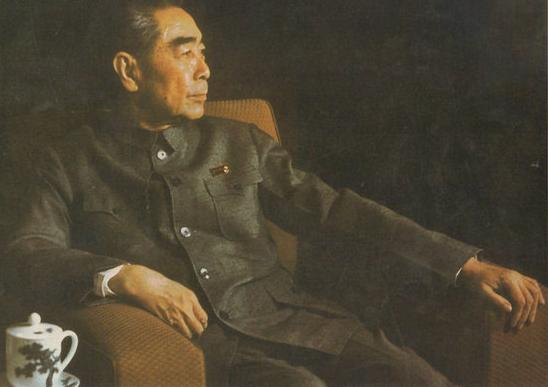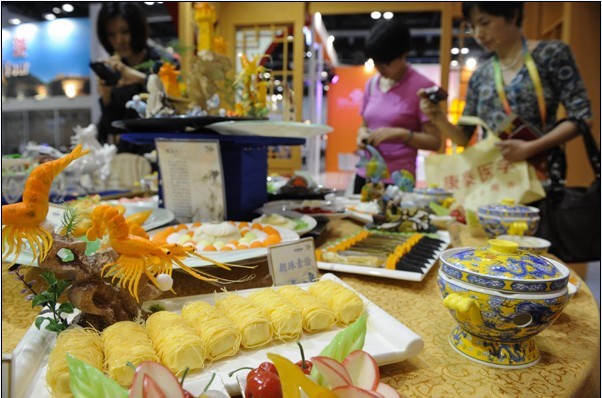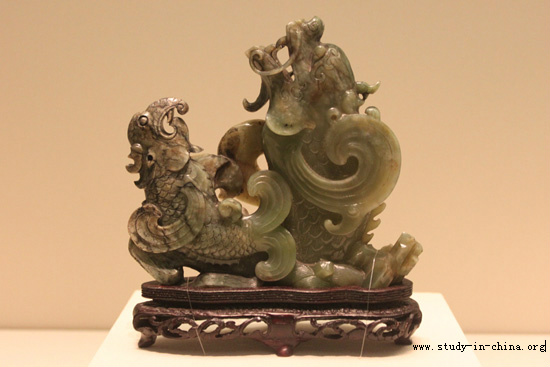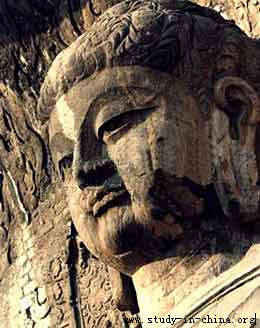| Home > China Feature |
Assessment of Zhou Enlai
Zhou Enlai is regarded as a skilled negotiator, a master of policy implementation, a devoted revolutionary, and a pragmatic statesman with an unusual attentiveness to detail and nuance. He was also known for his tireless and dedicated work ethic, and his unusual charm and poise in public. He is reputedly the last Mandarin bureaucrat in the Confucian tradition. Zhou's political behaviour should be viewed in light of his political philosophy as well as his personality. To a large extent, Zhou epitomized the paradox inherent in a communist politician with traditional Chinese upbringing: at once conservative and radical, pragmatic and ideological, possessed by a belief in order and harmony as well as a faith, which he developed very gradually over time, in the progressive power of rebellion and revolution. Henry Kissinger has called Zhou "one of the two or three most impressive men" he had ever met.

Though a firm believer in the Communist ideal on which the People's Republic was founded, Zhou is widely believed to have moderated the excesses of Mao's radical policies within the limits of his power. It has been assumed that he protected imperial and religious sites of cultural significance (such as the Potala Palace in Lhasa, Tibet) from the Tibetan Red Guards, and shielded many top-level leaders, including Deng Xiaoping, as well as many academics and artists from purges.
Though debunking of Chinese leaders has become more common in recent years, Zhou has not shared in the personal charges leveled at Mao. A recent biography by Gao Wenqian raises questions, however. As a staffer at closed party archives, Gao had access to internal files, interviews, memos, and compilations. He smuggled out notes and documents with which to write a Chinese language biography, published in Hong Kong in 1999, full of backstage explanations of major events. Although not as prurient as recent inside biographies of Mao, Gao's portrait implies that during the Cultural Revolution, Zhou gave in to Mao's whims rather than consistently mitigating them, and that he did not protect all of those he could have. China scholar Andrew Nathan in his introduction to the English version of Gao's book goes further. Zhou Enlai was a man “unique…in his capacity to endure abasement”; one who was Mao’s “indispensable yet despised assistant,” Mao’s “enabler” who had a “servant mentality” and possessed “an inability to take existential risks, a psychological need to be another leader’s number Jonathan D. Spence, in his review of the book, notes that the title -- The Last Perfect Revolutionary -- is "deliberately sardonic," and is designed to show that "far from being perfect, Zhou was in fact fallible, often devious, and capable of great cruelty to his friends and fellow revolutionaries."
Art
 more
moreChina Beijing International Diet ...
Recently, The hit CCTV documentary, A Bite of China, shown at 10:40 ...

Exhibition of Ancient Chinese Jad...
At least 8,000 years ago, Chinese ancestors discovered a beautiful...

Longmen Grottoes
The Longmen Grottoes, located near Luoyang, Henan Province, are a tr...

Custom
 more
more




 print
print  email
email  Favorite
Favorite  Transtlate
Transtlate 







